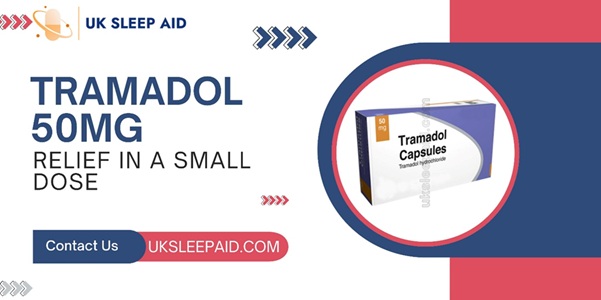Achieving FDA approval for a new drug is one of the most complex and high-stakes endeavors in the pharmaceutical industry. The journey—from discovery through clinical trials and submission—requires a careful balance of scientific evidence, regulatory strategy, and precise documentation. Missteps at any stage can result in delays, additional studies, or even outright rejection.
This is where specialized consultants become mission-critical. A CERES fda regulatory consultant for drugs brings experience, foresight, and a deep understanding of FDA expectations, significantly increasing the likelihood of a successful outcome. Their role is not just supportive—they are strategic partners throughout the development process.
1. Designing a Regulatory Roadmap That Works
The first step to success is a clear, realistic plan. Consultants help you:
- Identify the most efficient regulatory pathway (e.g., 505(b)(1), 505(b)(2), Fast Track, or Accelerated Approval)
- Align development timelines with submission requirements and key milestones
- Build flexibility into your roadmap in case of setbacks or new data
Without this strategic vision, drug development efforts often lack focus and efficiency, leading to duplicated work or missed opportunities.
2. Preparing FDA-Ready Submissions
Every successful New Drug Application (NDA) or Investigational New Drug (IND) hinges on high-quality, well-structured submissions. Consultants guide you through:
- Writing and organizing technical documents into eCTD format
- Summarizing clinical, nonclinical, and CMC data
- Presenting a compelling risk-benefit narrative
- Ensuring alignment with FDA formatting and completeness requirements
Poorly assembled submissions often result in Refuse-to-File (RTF) letters, delaying development by months. Consultants help you avoid such pitfalls entirely.
3. Navigating Pre-Submission Meetings with Confidence
FDA interactions before submission—such as pre-IND, End-of-Phase 2, or pre-NDA meetings—are crucial touchpoints. Consultants assist with:
- Briefing package preparation
- Framing scientifically grounded questions for the FDA
- Coaching leadership for presentations
- Interpreting FDA feedback and integrating it into development plans
These meetings set the tone for future reviews, and miscommunication can lead to regulatory misunderstandings. Expert guidance ensures you’re prepared and persuasive.
4. Addressing Complex CMC and Safety Issues
Drug development involves countless moving parts, particularly in manufacturing and safety. Consultants assist in:
- Developing compliant Chemistry, Manufacturing, and Controls (CMC) documentation
- Designing safety studies that reflect ICH and FDA standards
- Identifying and resolving formulation or stability challenges early
- Supporting responses to Information Requests (IRs) or clinical holds
This technical depth allows your internal teams to focus on innovation while consultants ensure regulatory readiness.
5. Avoiding Costly Delays and Development Risks
A consultant’s value is measured not just in deliverables, but in time and cost savings. By preventing common errors and streamlining submissions, they help:
- Reduce the number of FDA review cycles
- Avoid additional bridging studies
- Mitigate risk of late-stage rejections
- Preserve investor and stakeholder confidence
When timelines are tied to funding or competitive windows, these advantages are game-changing.
6. Supporting Post-Approval Obligations
Approval isn’t the end of the regulatory journey. Consultants also support post-market activities such as:
- Labeling updates and REMS programs
- Adverse event reporting and pharmacovigilance systems
- Annual reports and post-market study commitments
Their ongoing involvement helps you maintain compliance while expanding indications or entering new markets.
Conclusion
In an increasingly competitive and regulated pharmaceutical environment, achieving FDA approval requires more than good science—it demands regulatory strategy, precision, and foresight. A CERES fda regulatory consultant for drugs brings all three to the table, guiding teams through complexity while optimizing timelines and outcomes.



















